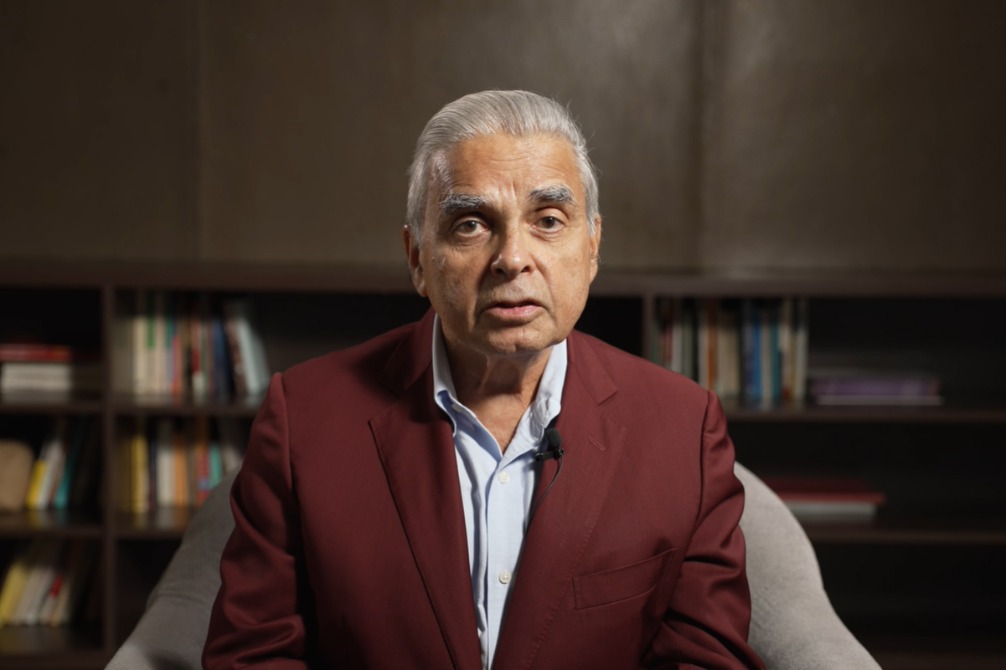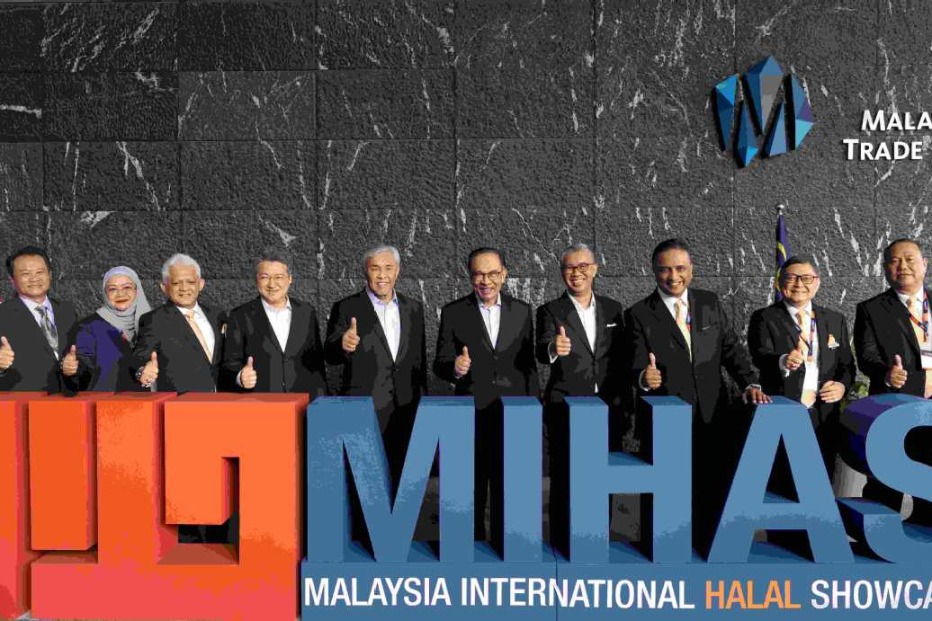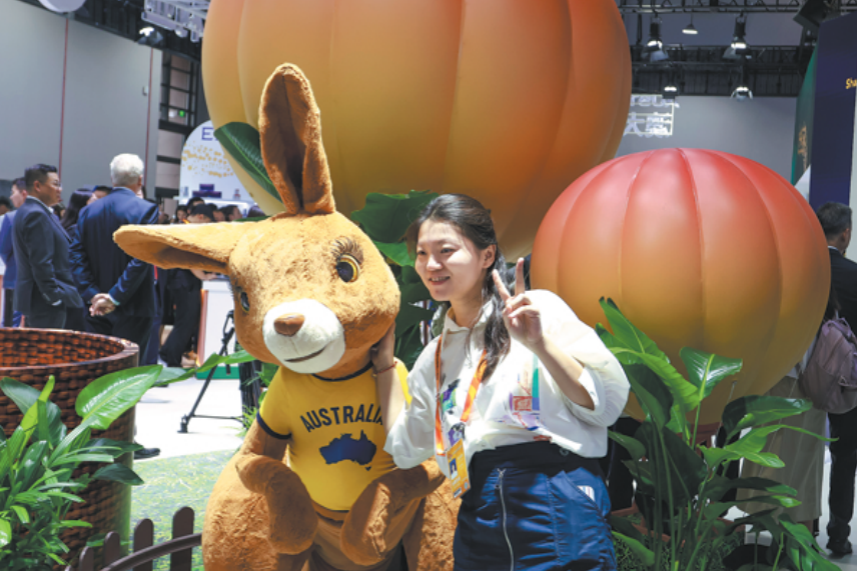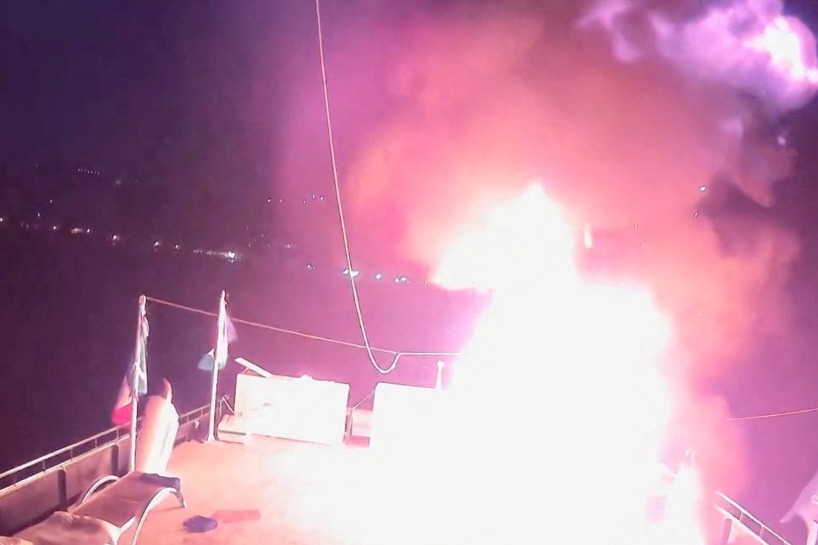Japanese envoy summoned over wastewater discharge plan






Assistant Foreign Minister Wu Jianghao summoned Japanese Ambassador to China Hideo Tarumi on Thursday in Beijing, protesting Tokyo's decision to discharge radioactive wastewater from the Fukushima nuclear power plant, which China urged Japan to retract.
Wu asked that an international joint technical working group that includes China be established to monitor and oversee the wastewater's disposal. He said the discharge should not be initiated without the agreement of stakeholders and international organizations.
China will work with the international community to monitor the situation's development and reserve its right to make further responses, he added.
Pacific Island nations have joined the call for Japan to rethink its decision on releasing more than 1 million metric tons of radioactive wastewater from the Fukushima Daiichi nuclear power plant into the Pacific Ocean.
Meg Taylor, secretary-general of the Pacific Islands Forum, said Japan has not taken the necessary steps to "fully address the potential harm to the Pacific".
Founded in 1971, the Pacific Islands Forum is an intergovernmental organization that aims to enhance cooperation between countries and territories of the Pacific Ocean, including formation of a trade bloc and regional peacekeeping operations.
On Wednesday, the forum urged Japan to rethink the decision, since fisheries and ocean resources are crucial to "our Pacific livelihoods and must be protected".
As required under international law and highlighted by a meeting in December of the States Parties to the Treaty of Rarotonga, also known as the South Pacific Nuclear Free Zone Treaty, Japan should take all appropriate measures within its territory, jurisdiction or control to prevent significant transboundary harm to the territories of the Pacific, including the South Pacific Nuclear Free Zone, Taylor said.
The Pacific Islands Forum urgently called on the Japanese government to hold off any discharges of the treated wastewater until further consultations are undertaken with forum members and an independent expert review is undertaken to the satisfaction of all forum members.
Japan plans to release the wastewater over about 30 years, beginning in two years.
The Treaty of Rarotonga, which was signed by Pacific Islands Forum members in 1985, bans the dumping of radioactive waste into sea.
Beijing and Seoul again voiced their shared objection to Tokyo's decision at the first meeting of the China-Republic of Korea dialogue and cooperation mechanism for maritime affairs, which was held on Wednesday via video link.
The two sides expressed strong dissatisfaction with Japan's unilateral decision to discharge the nuclear wastewater from the tsunami-crippled Fukushima nuclear power plant, disregarding the opposition of the international community.
China and the ROK will continue to maintain close communication and coordination in this regard, and they "are willing to work with the international community and regional countries to take necessary measures and actions to jointly address this international challenge", according to China's Foreign Ministry.
The two sides urged Japan to prudently deal with the wastewater issue based on fully consulting with international institutions and neighboring countries and ensuring "substantive participation of relevant countries and international institutions", the ministry said.
Moreover, the ROK is considering referring Japan's decision to an international tribunal, the presidential Blue House said on Wednesday.
President Moon Jae-in instructed secretaries during an internal meeting to review taking the decision to the International Tribunal for the Law of the Sea, based in Hamburg, Germany.
Russia expressed its serious concern on Tuesday and said it expected Japan to demonstrate transparency, informing the states concerned about actions that might pose a radiation threat.
Mascot scrapped
The public backlash against Japan's plans to release contaminated water from the Fukushima nuclear power plant continued to ferment at home on Thursday, resulting in the Japanese government scrapping an animated mascot intended to sweeten its decision for the public.
As part of promotional materials released after Japanese Prime Minister Yoshihide Suga's announcement on Tuesday, Japan's Reconstruction Agency released a video on its website featuring the radioactive substance tritium as a "cute character" to dispel concerns about the government's decision.
Within a day, the tadpolelike character was scrapped and an apology issued after a wave of criticism on social media as well as in Japan's parliament.
Tokyo is struggling to convince the public not just at home but also abroad that it can safely release the tritium-tainted water into the Pacific Ocean.
A poll in February by Asahi Shimbun found that around 57 percent of Fukushima prefecture residents opposed the release, while a survey conducted by Xinhua News Agency found that over 78 percent of global netizens are against Japan's decision.
"It seems the government's desire to release the water into the sea takes priority over everything. We fishermen can't understand it," said Katsuo Watanabe, an 82-year-old fisherman in Fukushima.
Tokyo Electric Power, the nuclear plant's owner, also has faced a loss of trust.
"From my perspective, Japan is now in a battle to win trust, whether of the trustworthiness of its government or of the risk posed by the contaminated water," said Hirotake Ran, a professor of East Asian studies at Musashino University in Tokyo.





























